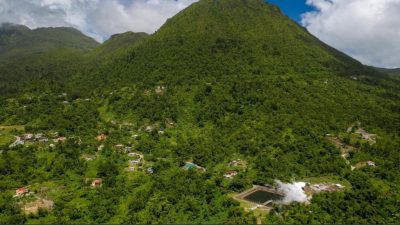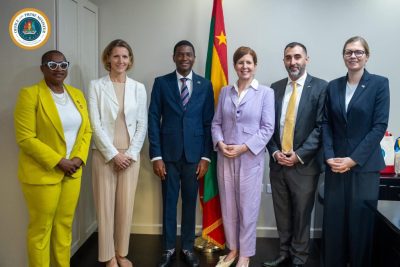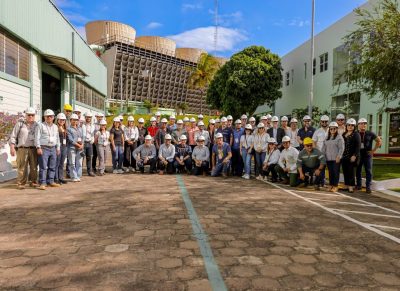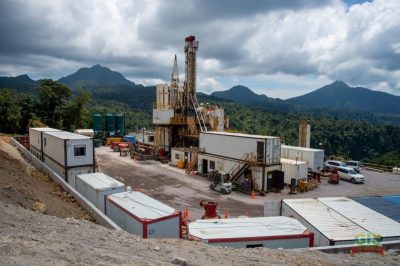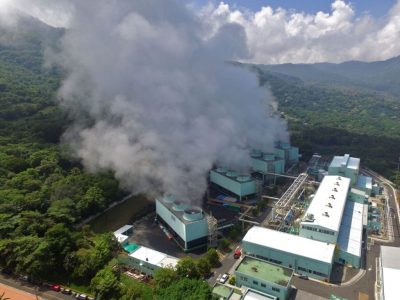Large renewable potential in Latin American and Carribean
A new report by the Inter-American Development Bank highlights the tremendous renewable energy potential for Latin America and the Caribbean, highlighting the fact that most of those technologies are already cost competitive today and a real option for the region.
The renewable energy potential for Latin America and the Caribbean is sufficient for more than 20 times the projected 2050 electricity demand in the region, so a recent report commissioned by the Inter-American Development Bank (IDB)
The report, “Rethinking our Energy Future” has been prepared for the Global Green Growth Forum (3GF), initiated in 2011 with the aim of supporting a global transition to inclusive green growth through global alliance making and the promotion of public-private partnerships.
The document is oriented towards stimulating the discussions, commitments and partnership building between governments and the private sector at the Forum. The commitments and insights derived from this first regional 3GF meeting will both benefit the LAC region and feed into the global 3GF meeting in Copenhagen on October 21-22, 2013.
“The report addresses a series of myths surrounding renewable energies, noting that several of these alternative technologies have become price competitive with conventional technologies, offer good investment opportunities and should be taken into consideration by policymakers aiming to diversify their national energy matrixes, reduce fuel supply vulnerabilities and cut greenhouse gas emissions.
“Though Latin America uses more renewable energy than any other region in the world, it faces difficult choices as it seeks to generate the electricity it needs to grow without harming the environment,” said IDB President Luis Alberto Moreno. “Renewables are becoming a viable and attractive option that needs to be explored.”
The report was presented in Bogotá at the Global Green Growth Forum Latin America and the Caribbean (3GF LAC) to leaders from government, business, finance, civil society and international organisations gathered at the invitation of Colombian President Juan Manuel Santos, Danish Prime Minister Helle Thorning-Schmidt, and Moreno.
“With this study, we seek to promote concrete action and public-private partnerships, by putting into perspective the magnitude of available renewable sources, outlining their broadened benefits and illustrating policy options,” said Walter Vergara, head of the IDB’s Climate Change Division and lead author of the report.
The study concludes that, regardless how each country may shape its energy policy, increasing the penetration and use of non-traditional renewables makes sense for Latin America and the Caribbean.
The Inter-American Development Bank supports programmes to improve energy efficiency, foster cross-border energy integration, and diversify the energy matrix by sustainably exploiting renewable and non-renewable energy sources.”
Source: Jamaica Observer








